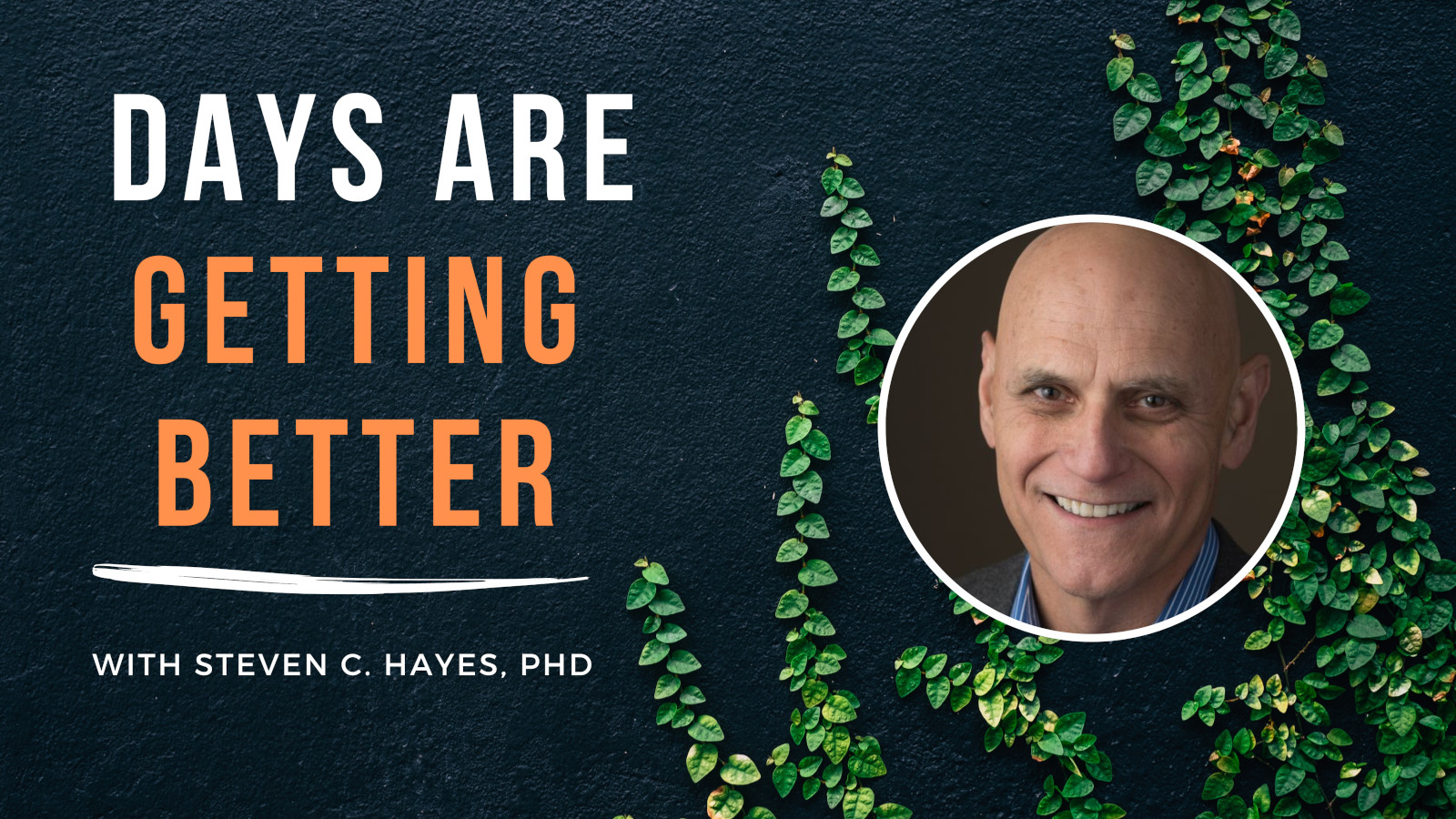The world is waking up to something we’ve long known in psychology: the way we’ve built behavioral science so far… is deeply skewed. Nearly 90% of our psychological research is based on just 12% of the world’s population. These folks are largely Western, Educated, Industrialized, Rich, and Democratic — in short, WEIRD. But most humans aren’t. And the consequences of building science around a small sliver of humanity are profound.
Here’s the hopeful part: We can do better — and process-based science, fueled by smart technology, is showing us how.
From “What’s Your Diagnosis?” to “What’s Your Process?”
Traditional mental health systems ask us to fit into boxes — depression, anxiety, PTSD, and so on. But life doesn’t fit in neat categories, and neither do we. Process-Based Therapy (PBT) turns that old, tired model on its head.
Hold up your index finger and look at the tip. What is the likelihood that anyone else has the same fingerprint on earth? I’ve worked out the math and it’s 10-11. That the chance of picking up a single grain of sand from not just all of Earth’s beaches but across a million Earth-like planets. Now consider that we were just talking about the uniqueness of the surface of your skin and a tiny part of your body. What if we were talking about all of your thoughts, feelings, memories, bodily sensations, urges, action, social relationships, and bodily functions? How much more unique is the whole of you than is the skin on the tip of one of your fingers?
PBT is a new way of thinking about what “evidence-based therapy” means. Instead of starting with syndromes — a list of indicators of a supposed hidden disease within — we start with you — your unique patterns of thought, emotion, attention, motivation, and behavior. It identifies the ones that matter over time because they life you up or hold you down. We call them biopsychosocial processes of change.
These are the transitions that move human lives moment by moment — things like avoiding, thinking freely, acts of compassion, and so on. When we understand the processes that shape your suffering or your thriving, we can help more effectively. And we can do it across languages, cultures, and contexts — no DSM required.
Process Science That Speaks Everyone’s Language
Imagine asking someone, “What do you struggle with most when you’re trying to move toward what matters to you?”
Now imagine getting that answer — in their own words — and having an AI assistant recognize the processes in play, even if the language is completely different from what’s in a psychology textbook. Someone might say “I feel tangled in my head,” or “I can’t stop second-guessing myself.” They could reflect a process like cognitive inflexibility — and if we ask that person repeatedly over time and watch how such thoughts work for a specific person, we have a way to understand, track, and support change using the very terms that person uses to think about their lives.
That’s not just possible. It’s already happening.
We’re building tools that let professionals — from psychologists to nurses to coaches — ask process questions that cut through culture and jargon. The data can be analyzed, not to flatten people into averages, but to honor the lives of particular people, whether individuals, couples, or families and build upward from the particular and personal to the general — not the other way around.
We’ve spent over 100 years hearing people say things like “I feel tangled in my head,” and instead of trying to understand how that thought works for particular human being we’ve shouted “wait, wait, we can’t know what that means until we have hundreds of other people agree or disagree with those same words, and use the consistency between them to try to lock down what you mean!” It’s call psychometrics I come that that tradition. Unfortunately, it’s false from the first moment. Meaning making is done by particular people (individuals, couples, families). It’s not to be found in differences between people.
Enter the Tech: Phones, AI, and the Power of Process
Roughly 80–90% of the world’s population has access to a smartphone. But only about 15% have access to trained mental health professionals.
That’s a gap we can’t close with therapists alone.
Instead, imagine an app that gently checks in with you through the day — helping you notice your stress patterns, your avoidance cycles, your values. No psychobabble. Just meaningful, bite-sized moments.
Under the hood, that app can use AI (with privacy built in) to analyze your patterns over time, flagging what helps you most — and adapting to your context. Maybe you need mindfulness prompts in the evening, or motivational nudges before a big meeting. Maybe you benefit from hearing a kind voice remind you that you’re not broken. App coaches can be trained to support people in using these tools, integrating them seamlessly with psychotherapy when that is need. We can deliver that.
Building a Global Science of Human Flourishing
PBT and process-based tech aren’t about replacing professionals. They’re about expanding their reach. They’re about scaling human wisdom. If we want to reach the other 85% of the world who lack access to care, we can’t wait. We have to build a science that speaks the world’s language — diverse, decentralized, and deeply personal.
We’re building tools that do just that:
- Assess processes in the real world, as they are lived over time, not just the clinic.
- Interpret data in terms that matter to particular people and then become the basis for general principles.
- Offer guidance that’s compassionate, contextual, and scientifically grounded.
Some of this can go directly to consumers — as guided self-help, not therapy substitutes. Because if we believe that psychological flexibility matters, then it has to be for everyone. But we can start with caring professionals.
The future of psychology can’t be WEIRD. It must be human.
With process-based approaches, we’re finally in a position to build a science — and a system of care — that reflects the richness and variability of real lives. With the help of AI and tech, we can deliver meaningful, ethical, personal support at a scale we’ve never seen before.
That’s not science fiction. That’s science finally catching up to what humans have always needed: to be seen, to be understood, and to be helped in a way that fits who they really are.







